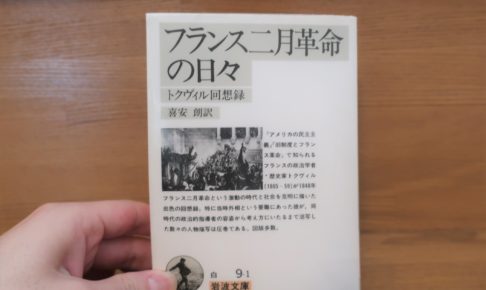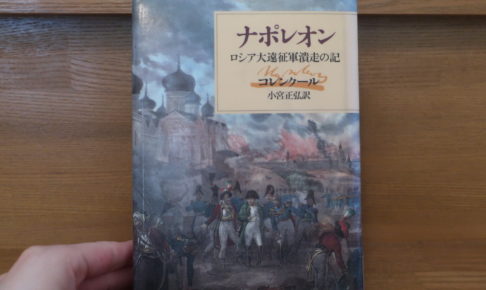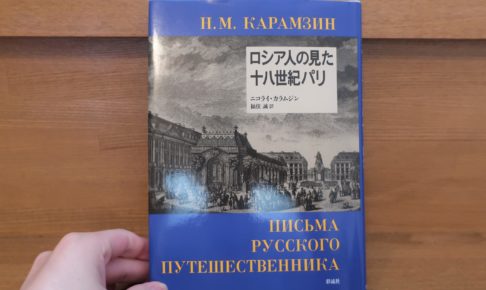Tocqueville, "Days of the French February Revolution" - Relationship between Dostoevsky's Siberian exile and the French February Revolution
I have taken a brief look at the history of France so far in this article, but how would you feel if the February Revolution mentioned at the end of the previous article had something to do with Dostoevsky's exile to Siberia?
In fact, Dostoevsky's exile was also an event that occurred because of its close relationship to the political situation in France.
This article will discuss the relationship between that French February Revolution and Dostoevsky's exile.














































